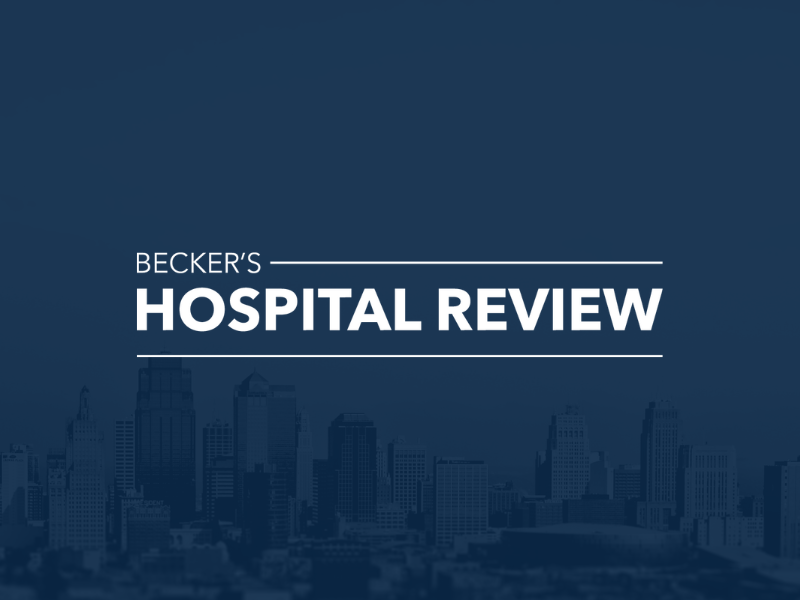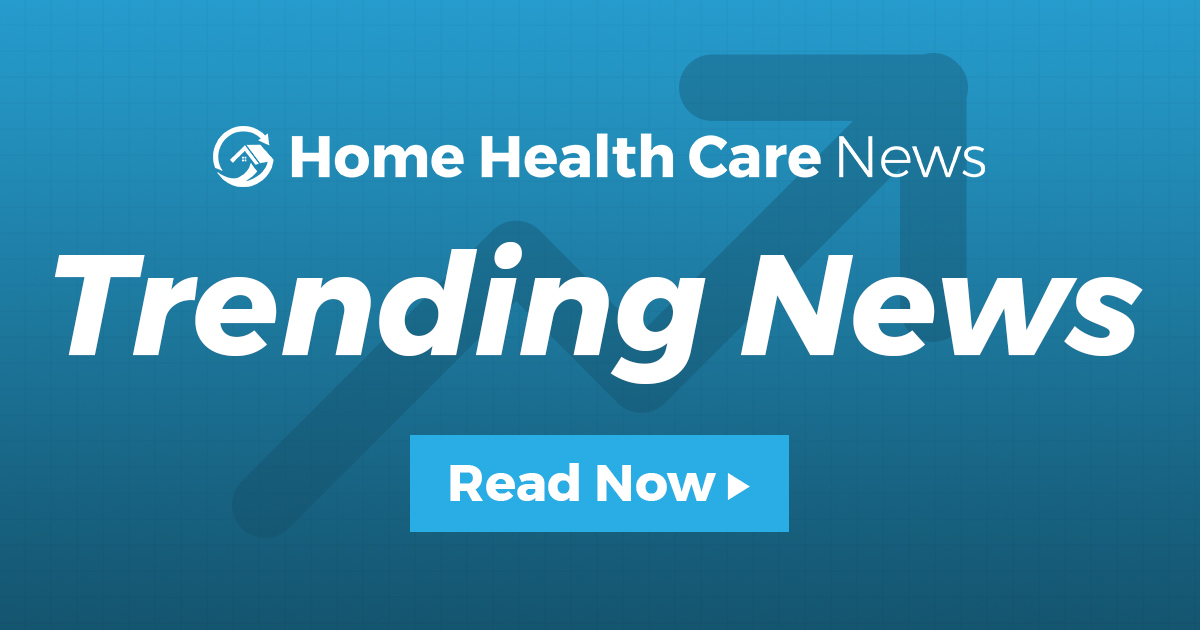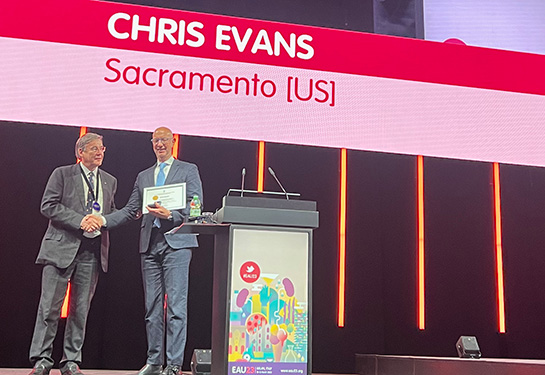CMS Issues Final Rule for MA Risk Adjustment Audit

Many hospice providers rely on Medicare Advantage (MA) reimbursement to support palliative care, PACE, and social determinants programs, among others.
In a final rule released today, the US Centers for Medicare and Medicaid Services (CMS) outlined its policy for reviewing these risk adjustments for MA plans, which the agency uses to calculate per capita rates. As part of the MA Risk Adjustment Data Validation (RADV) program, CMS will review the medical records of beneficiaries to identify potential improper payments.
The RADV is designed to ensure that the beneficiary’s diagnoses are supported by their medical records.
“CMS is committed to protecting people with Medicare and being a responsible steward of taxpayer dollars,” said CMS administrator Chiquita Brooks-Lasur. “By establishing our approach to RADV reviews with this regulation, we are protecting access to Medicare now and for future generations. We have considered important stakeholder feedback and have developed a balanced approach to ensure proper oversight of Medicare Advantage that aligns with our oversight of traditional Medicare.”
Risk adjustment is the process by which health insurance plans predict the likely use of health services and the costs of a beneficiary.
Initially, CMS will start extrapolating results for the 2018 billing year. The agency will continue to collect only non-extrapolated overpayments for the period 2011 to 2017. The term “extrapolate” in this context refers to the methodology used by auditors to calculate overpayments.
Through Medicare Advantage, CMS contracts with private insurance companies to provide coverage for Medicare recipients. In 2023, the number of MA plans will increase to 3998, which is 6% more than in 2022. As of last year, these plans covered more than 28 million Americans, nearly half of the entire Medicare population, according to the Kaiser Health Foundation.
In recent months, lawmakers and regulators have set their sights on the program amid concerns over risk adjustments, as well as marketing, prior authorizations and other issues.
The Medicare Payments Advisory Commission (MedPAC) estimated that in 2020 the risk scores for AF patients were about 9.5% higher than for paid service recipients, resulting in $12 billion in improper payments. The U.S. Senate Finance Committee also said last year that third-party companies used fraudulent methods to promote MA’s plans.
In April 2022, the Office of the Inspector General (OIG) of the U.S. Department of Health and Human Services (HHS) reported that pre-authorization practices for health insurance plans could contribute to treatment denials and delays.
The OIG report was heard by the Oversight and Investigation Unit of the US House of Representatives Committee on Energy and Commerce.
“Wrongful denials and increased use of prior authorizations are preventing beneficiaries from getting the assistance they need,” Energy and Commerce Department Chairman Frank Pallone Jr. (DN.J.) said during the hearing. “While there are many plans that seem responsible, some of them are not, and these bad actors cost taxpayers money and, more importantly, put the health of older people at risk.”
CMS is currently testing hospice coverage through Medicare Advantage.
The Hospice Component of the Value-Based Insurance Model (VBID) began its third year of operation on January 1st. Voluntary Demonstration, often referred to as the MA Hospice Program, is designed to evaluate the performance of the payer and provider of hospice services under Medicare Advantage (Massachusetts).
Many hospice providers also rely on Medicare Advantage reimbursement for services not normally covered by service fees, such as palliative care. Some also receive MA payments for home care and other community services.
The number of plans offering home palliative care will rise to 157 next year from 147 in 2022, according to ATI Advisory analysis. This does not include plans that offer palliative care under individual programs, such as Special Extra Benefits for the Chronically Ill (SSBCI) or VBID Demonstration, and the details of these benefits and what they include may vary between health plans.
While Medicare Advantage has its drawbacks, stakeholders should consider the flaws in fee-for-service models when weighing the pros and cons, says Dr. Sachin Jain, CEO of the nonprofit MAO Scan Group.
“I am by no means a fan of Medicare Advantage. These are all important, serious considerations that we need to evaluate very carefully, and also reflect some of the realities of what it is like to be a consumer over 65 looking for a solution for their health,” Jane recently told Hospice. News. “At the same time, I think sometimes some of the Medicare Advantage talk is blind to some of the disadvantages of Medicare with fees.”
California Press News – Latest News:
Los Angeles Local News || Bay Area Local News || California News || Lifestyle News || National news || Travel News || Health News






